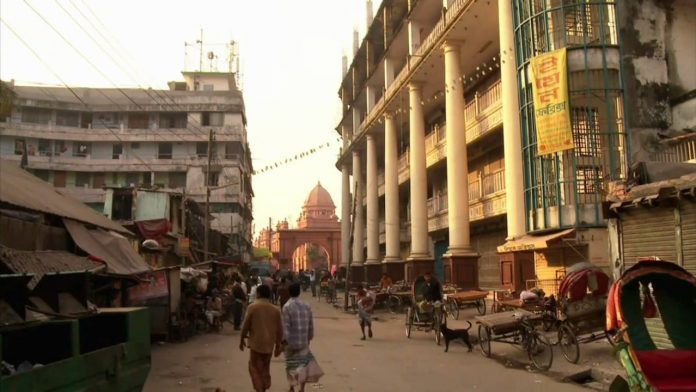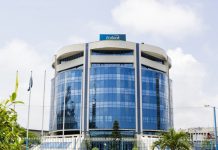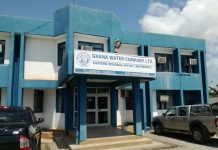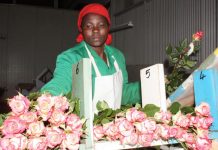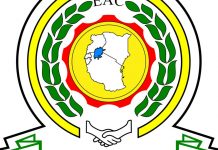Economic Growth Projections
Economic growth in sub-Saharan Africa will reach 5.2 percent in 2014, up from 4.7 per cent in 2013, due to growing investments in natural resources and rising household spending, the World Bank predicts in “Africa’s Pulse,” its twice-yearly assessment of Africa’s economic prospects. Capital flows to the region reached an estimated 5.3 percent of regional GDP in 2013, beating the developing-country average of 3.9 percent. Net foreign direct investment inflows grew 16 percent to a near-record U$43 billion in 2013, boosted by new oil and gas discoveries in many countries including Angola, Mozambique and Tanzania. Growth was notably buoyant in resource-rich countries, including Sierra Leone and the Democratic Republic of Congo. It remained steady in Cote d’Ivoire, while rebounding in Mali under improved political stability and security. Non-resource-rich countries, particularly Ethiopia and Rwanda, also experienced solid economic growth in 2013. Increased remittances and lower food prices boosted household real incomes in the region. Remittances grew 6.2 percent to $32 billion in 2013, exceeding the record in 2011 of $30 billion. Inflation slowed, growing at an annual rate of 6.3 percent in 2013 against 10.7 percent in 2012. While a number of African countries are now solidly among the world’s fastest growing countries, the result of sound macroeconomic reforms, poor physical infrastructure will continue to limit the region’s growth potential, the report concludes.
Design Innovation Competition
April 15 is the closing date for abstract submissions to the 2014 National Instruments Innovation Design Competition for Young Entrepreneurs in Africa. NI, based in Austin, Texas, says its goal is to nurture innovation and entrepreneurship among future and recent engineering graduates in Africa and to submit market-ready projects that support the sustainable development of the local community. Through its Planet NI program, the company will provide selected student teams access to its development platforms to design prototypes and solutions that meet local challenges in Cameroon, Nigeria, and Uganda. It will offer tools, training, and consulting to help turn value-added ideas into functional prototypes using the NI myRIO embedded hardware platform and NI LabVIEW system design software. Entrants may win cash prizes and a trip to NIWeek 2015 in Austin. For more information, email planetni@ni.com, or go to facebook.com/planetni.
Innovation Prize for Engineering
The Royal Academy of Engineering (RAEng) in March launched the first Africa Prize for Engineering Innovation, calling for entries from engineers connected with universities and research institutions in sub-Saharan Africa. The Africa Prize for Engineering Innovation covers all disciplines from mechanical, civil and computing to biomedical, oil and gas, mining and electronic engineering. It aims to recognize the importance of African engineers and stimulate innovation and entrepreneurship, while encouraging young people to become engineers by creating successful role models. Engineers from different disciplines have been invited to submit innovations with a social, environmental or economic benefit. Entries must have the potential to be scaled-up, be ready for commercialization and at an early-stage. The overall winner will receive US$41,000 and there will be an exhibition of all finalists’ entries. Shortlisted entrants will benefit from six months of extensive mentoring, training and support in commercializing their innovation. The Africa Prize for Engineering Innovation is supported by the Shell Centenary Scholarship Fund, Consolidated Contractors Co., Conoco Philips and the Mo Ibrahim Foundation. The deadline for entries is May 30, 2014.
Rwenzori Meltdown
Ice is vanishing from Africa’s snow-topped peaks, raising fears of a meltdown from the continent’s “Alps,” a reference to the Rwenzori mountain range straddling the border between Uganda and Democratic Republic of Congo. Experts say Africa’s equatorial peaks could be bare rock within two decades, impacting agriculture and tourism. The mist-covered Rwenzoris, meaning “rain-maker” in the local Bakonzo language, stretch for some 386 square miles and include several short glaciers, though on many peaks remaining ice is now tiny patches. Luc Hardy of Pax Arctica, which promotes awareness of the impact of climate change, and who led an expedition in January to the mountains, says the melting of this unique African glacier is a major threat to local communities, with the obvious loss of sustainable water supplies. Reduced glacial river flows are already impacting agricultural production and cutting the output of hydroelectric power plants, said Richard Atugonza, from the Mountain Resource Centre at Uganda’s Makerere University.


